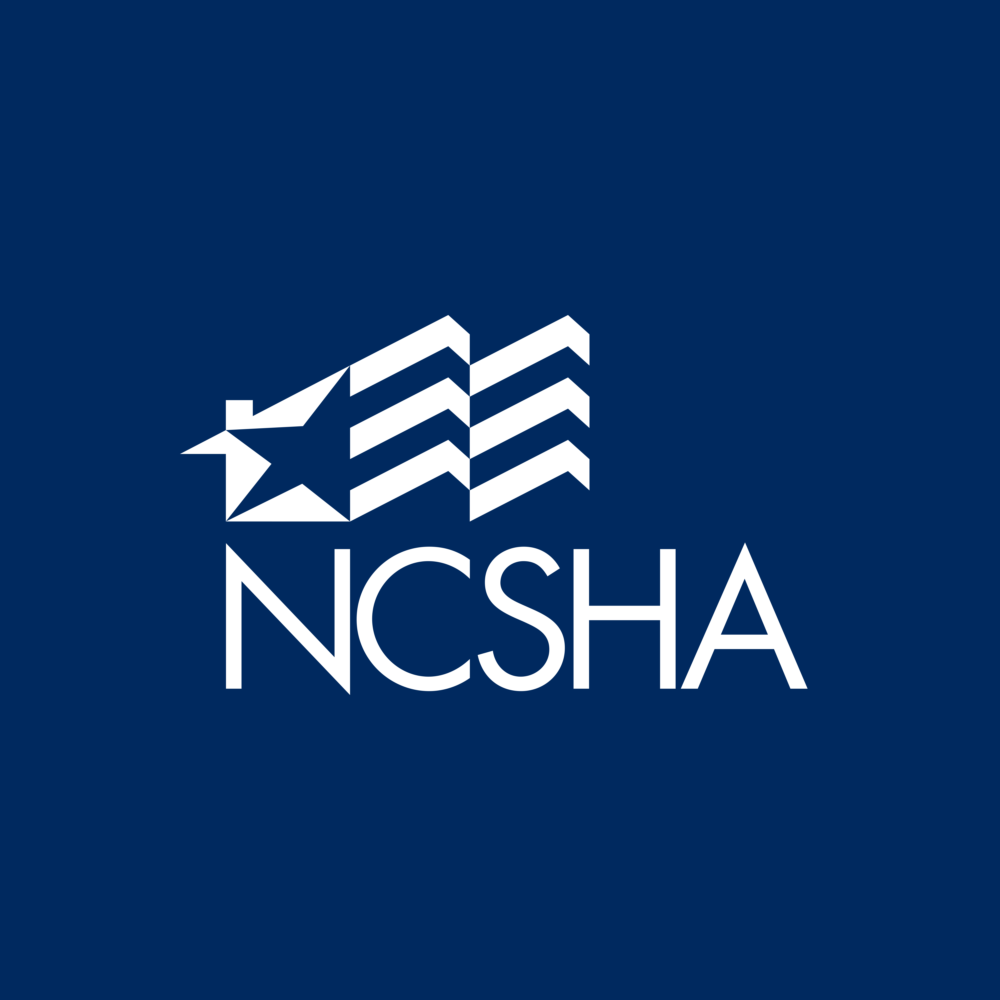Housing Finance Agencies Take Extraordinary Steps to Save Affordable Developments
New Analysis Documents Escalating Crisis, Urgent Need for Congressional Action
WASHINGTON, DC – Critically needed new affordable housing developments across the country are at risk of failing to materialize due to unprecedented increases in the cost of labor, materials, and financing, forcing state housing finance agencies (HFAs) to take extraordinary actions to ensure projects can proceed, according to a report released today by the National Council of State Housing Agencies (NCSHA).
“As the primary sources of financing for new affordable apartments, state HFAs are doing everything in their power to preserve the financial viability of projects that have seen their costs spike in the last year,” said NCSHA Executive Director Stockton Williams. “The agencies are saving as many deals as they can, but only additional, immediate federal resources will ensure the country’s affordable housing deficit doesn’t worsen further.”
The NCSHA report, produced by Abt Associates, finds affordable developments have experienced unexpected cost increases averaging 30 percent — and more than that in a number of cases — based on an analysis of trends in 11 states and interviews with agency officials and developers active in others.
In a representative example, the report finds 39 of 42 developments one state HFA recently had provided funding for now need additional funding, with funding gaps ranging from $145,000 to $5.7 million. The agency said that, while pre-Covid development costs averaged $150,000 per unit, they have risen to more than $200,000 per unit — a 33 percent increase.
In response, state HFAs are urgently providing new financing, streamlining regulations, and tapping federal fiscal recovery funds, among other steps, according to Abt Associates’ analysis. Affordable housing developers have worked with agencies to bridge the unexpected funding gaps by modifying project designs, pursuing additional sources of financing, and deferring the fees, the report finds.
“Even when these strategies have filled funding gaps and enabled projects to proceed, they have often come at the expense of the current and future production of affordable housing,” according to the report. “Longer-term and more comprehensive solutions are needed to avoid significant reductions in affordable housing production and preservation in the coming years.”
NCSHA is urging Congress to increase funding for the HOME housing block grant and expand the Low Income Housing Tax Credit before it adjourns this year or in an expected lame-duck session after the mid-term elections. States and cities are already using these programs to support affordable housing so they can deliver immediate additional impact if expanded.
“Developments that fall through the cracks through no fault of their own may never come back, and with no end in sight to the main drivers of historically higher costs, it is urgent Congress invest in these well-established, highly effective affordable housing development programs,” Williams said.
About the National Council of State Housing Agencies
For more than 50 years, state housing finance agencies (HFAs) have played a central role in the nation’s affordable housing system, delivering financing to make possible the purchase, development, and rehabilitation of affordable homes and rental apartments for low- and middle-income households.
The National Council of State Housing Agencies (NCSHA) is a nonprofit, nonpartisan organization created to advance, through advocacy and education, the efforts of the nation’s state HFAs and their partners to provide affordable housing to those who need it. NCSHA’s vision: An affordably housed nation. Learn more at www.ncsha.org.
MEDIA CONTACT: Lisa Bowman, Director of Marketing and Communications


